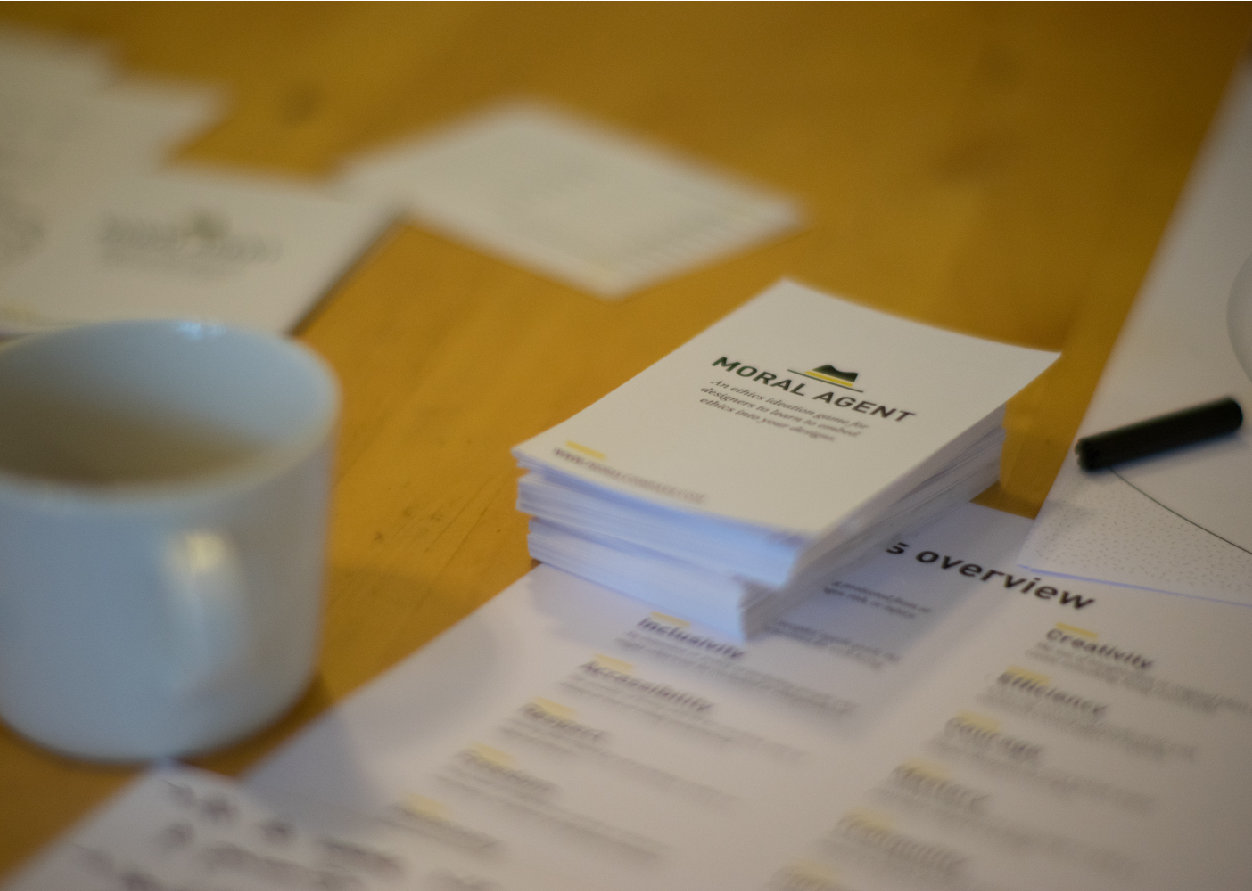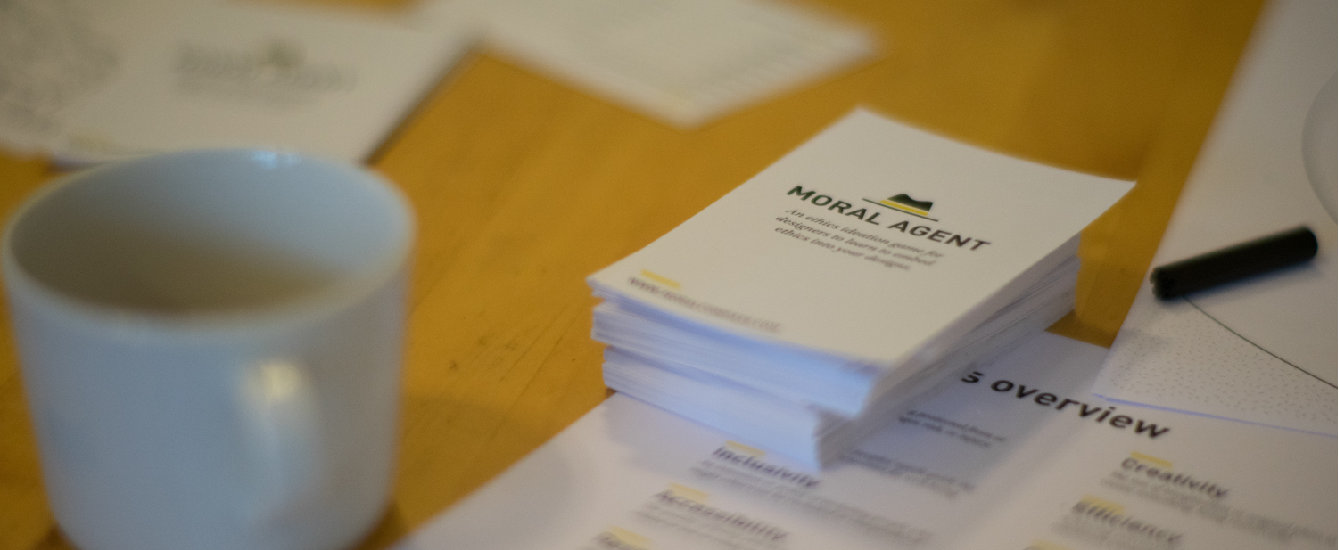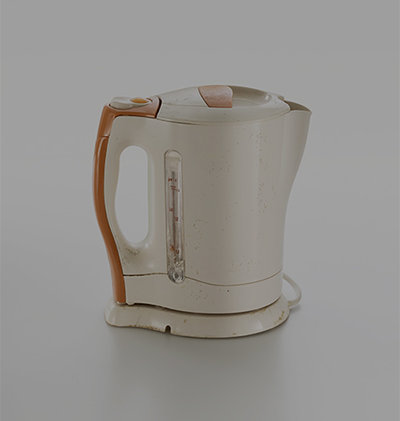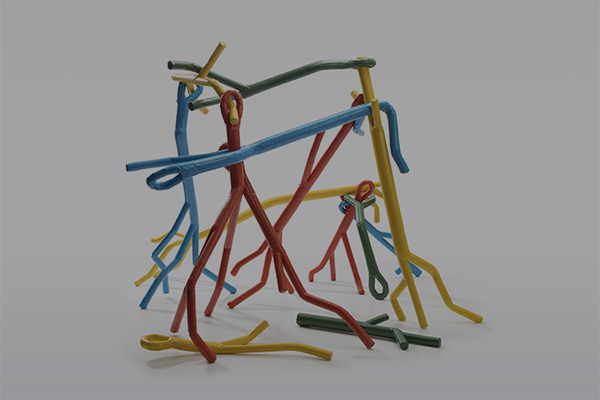To this end, the central aim of this research has been to explore ways for designers to incorporate ethics into their design process. A pratice-based research methodology has been employed. Various techniques based on current ethical decision making tools and design methods have been experimented with. The insights gained throughout the project are boiled down into an accessible framework of how designers can cope with ethical issues within design.
The argument put forth in this research is that the development of skills allows for incorporation of ethics because skills are not limited to specific content. The proposed ethical skills for designers are moral sensitivity, moral creativity and moral advocacy. Building on the theoretical framework, a toolkit for designers to acquire and develop these ethical skills has been developed. The tools are grouped in relation to the three ethical skills.
This cum laude graduation project opens (creative) possibilities for ethics in the design process, something that has not been done before. The toolkit Jet developed is a first step to develop one’s skills in this field (moral sensitivity, moral creativity, and moral advocacy). Jet integrates the skills of an academic industrial designer; the cognitive, the empathic, and the intuitive.



